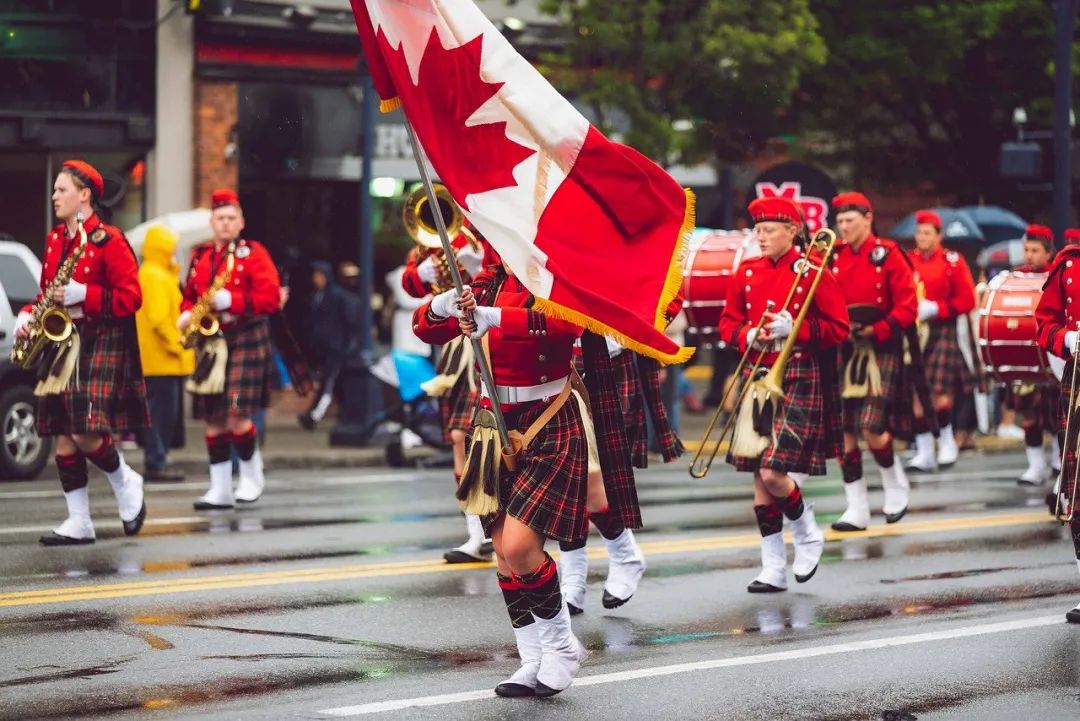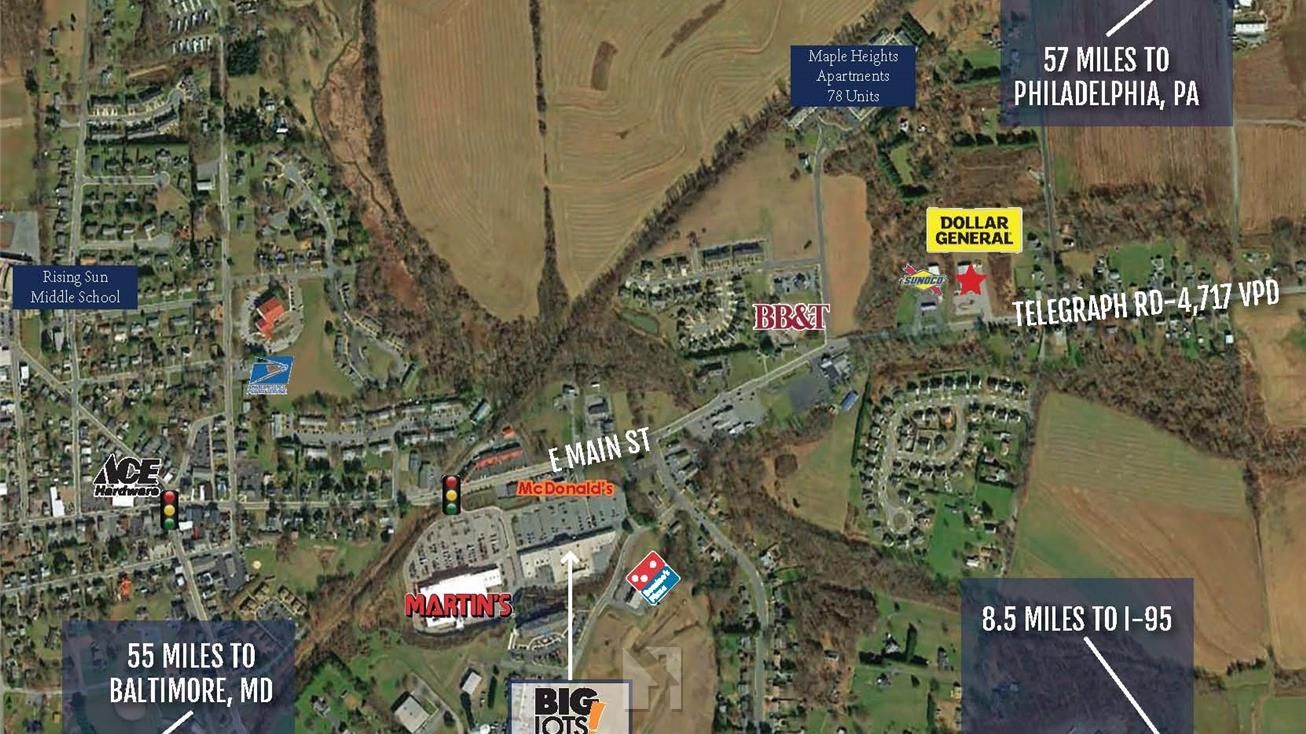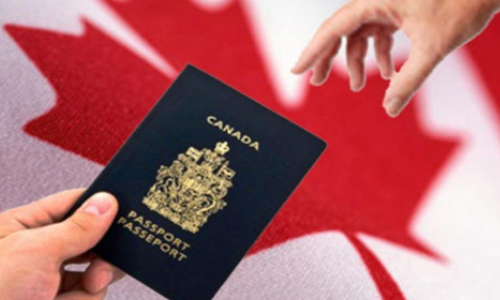A Complete Analysis Of The Classification Of US Visas: The Difference Between Non-immigrant And Immigrant Visas And Application Points
A Complete Analysis Of The Classification Of US Visas: The Difference Between Non-immigrant And Immigrant Visas And Application Points
1. Visas U.S. visas are divided into two categories: non-immigrant visas and immigrant visas. Chinese citizens traveling to the United States must apply for and obtain a visa in advance. A U.S. visa only indicates that the visa holder is allowed to arrive at a U.S. port and apply for entry, but it does not guarantee that he or she will be able to enter the United States.
1. Visa
US visas are divided into two categories: immigration and non-immigrant. Chinese citizens must apply for and obtain a visa permit in advance when traveling to the United States. The visa only means that the applicant is allowed to arrive at U.S. ports and submit an entry request, but it cannot ensure that he will enter successfully.
A non-immigrant visa is a type of document prepared for visitors, business activists, students, or professionals who need to stay in the United States for a certain reason. Common types of such visas include B1 and B2 visas related to business and tourism, different types of work visas such as H, L, O, P and Q, F and M visas for study, and J visas for exchange visits. In accordance with the guidelines of relevant U.S. visa regulations, many non-immigrant visa applicants need to show visa officers that they have close ties to their own country and plan to return after a brief visit to the United States.
Foreigners who want to live in the United States for a long time can apply for such visas. Generally, those who intend to immigrate to the United States must wait until the immigration application is approved by the U.S. Citizenship and Immigration Services before applying for an immigration visa. Immigration application should be submitted by a qualifying relative or potential employer to the U.S. Citizenship and Immigration Services office in the United States. For details on submitting immigration applications, please visit the official website of the U.S. Citizenship and Immigration Services who have been approved for application and have been waiting for a visa time (if necessary), you can apply for immigration procedures.
The U.S. Embassy in China is located in Beijing, and has also established consulates in Shanghai, Guangzhou, Shenyang, Wuhan and Hong Kong. These consulates are each responsible for handling non-immigrant visa applications in their locations. If residents in mainland China need to apply for an immigration visa, they must go to the US Consulate General in Guangzhou to go through the relevant procedures.
Chinese citizens use the official appointment website of the US State Department to understand visa policies, submit applications, and arrange interviews.
Applicants can also check the official website of the U.S. State Department’s Consular Affairs Bureau, or refer to the relevant web page content published by U.S. embassies and consulates in China.
Starting from November 11, 2014, Chinese citizens have applied for a business visa in the United States, including B1, B2 or B1/B2, and can obtain a ten-year round-trip certificate. Chinese citizens apply for a study abroad visa in the United States, such as F, M, or exchange visit visa J, and can obtain a five-year multiple round trip certificate. In June 2025, the U.S. State Department had instructed its overseas diplomatic agencies to carefully review the information published by people studying in the United States through social networks, in an attempt to intercept individuals who had criticized the United States of America or Israel into the country.
Starting from November 29, 2016, if Chinese citizens have ten-year business or travel documents from the United States, including B1, B2 and B1/B2 types, they must use the "Visa Update Electronic System" to enter their personal information and update information periodically.
2. Entry
Everyone arriving at a U.S. port is inspected by law enforcement officers from the U.S. Customs and Border Protection (and, CBP) covering entry, customs and agricultural audits.
Law enforcement agencies will check the passports and other travel documents carried by passengers, as well as US visas, check their identities by scanning fingerprints and taking photos, examine their motivations for going to the United States, and determine their stay in the United States.
Incoming personnel may be directed to go to another place for more in-depth inspections. Passengers who need to be reviewed will be taken to designated locations for queueing and will be inspected by different law enforcement officers, involving additional inquiries, checking luggage, electronic products, etc. (According to US law, law enforcement officers do not need to apply for a search permit before inspection, and can inspect all items carried by incoming people, including parcels, computers, storage devices, communication tools, etc.). The review work does not mean that the visitor must have doubts or is definitely unable to enter the country. The visitor should cooperate, pay tribute to the law enforcement officers, and be in a stable mood. Law enforcement officers may require turning on personal communication devices, check the data in the address book and social applications, verify whether the content stated by the visitor is true, whether the entry procedures are consistent with the visa application documents, and whether there is an intention to stay illegally. If the law enforcement unit confirms that there are violations, such as improper pictures of minors, or information indicates that the purpose of coming to China is inconsistent with the actual situation, it may cause inability to enter the country, be sent back to its original home, or bear corresponding legal responsibilities.
During a period of surge in passenger numbers, the waiting time for re-security checks may last for several hours. Entryers who do not obtain permission are generally not allowed to use communication tools such as mobile phones, so they may not be able to contact the outside world for the time being. After completing the second inspection, regardless of whether the incoming person can obtain an entry permit, communication with the outside world can usually be resumed. It is recommended that relevant personnel take the initiative to contact family and friends and inform them of their own condition.
After the review is completed, law enforcement officers will generally decide to approve entry, or not. If an entry application is rejected, a quick (immediate) return process is usually initiated. This kind of quick return is different from the court's decision to eviction. Generally, lawyers cannot be asked for assistance or appeal to the court. The applicant's visa will be cancelled and he or she will not be allowed to enter again for at least five years. If you are detained for a criminal issue when entering the country, the parties may ask for a lawyer to help. Law enforcement may inform the parties of two options, one is to revoke the entry request and the other is to insist on the entry requirement. If the parties choose to revoke the entry request, it may prevent the record of being denied or deported from entering, and there is still a chance to apply for entry again after obtaining a new visa abroad in the future. If the parties choose to continue applying for entry but are actually not eligible for entry, the law enforcement officers will immediately initiate the rapid eviction process after making a decision to refuse.
Common situations where the inability to enter the country include the false declaration of items, the prohibited items, the incomplete documents required for entry, or the actual activities in the United States are inconsistent with the type of visa held. Whether it is rejected by entry or the voluntary withdrawal of entry requests, the US Customs and Border Administration will generally arrange for the parties to take the original flight, or the nearest flight leaves the United States. If there is no suitable flight, you may be taken to immigration detention centers.
In recent years, the United States has strengthened the entry inspection of Chinese students studying science and engineering in the United States, and paid special attention to STEM majoring in holding F1 visas. When they enter the country, they often encounter difficulties, inspections, deportations, and even confiscation of personal electronic equipment. Remind students who go to the United States to study, enhance their awareness of safety precautions, pay attention to various potential dangers that may be encountered during their trip to the United States, improve their self-protection ability, and respond calmly to problems. Be sure to follow the relevant guidelines of American universities, read the letters and emails sent by the school in a timely and carefully, and reply quickly in accordance with the instructions to prevent it from affecting the learning process. In case of an emergency, please contact the local embassy and consulate abroad for help immediately.
If you are dissatisfied with the US law enforcement process, you can take the following ways to protect your rights and interests:
If you feel that the law enforcement officer has committed misconduct or differential treatment, you can report the situation to the Customs and Border Defense Agency of the Department of Homeland Security of the United States. The relevant website is:///about/.
If you feel that an individual's civil rights and freedoms have been damaged, you can file a complaint with the Department of Homeland Security's Civil Rights and Freedoms Affairs. The agency's website is.
(III) If you are denied entry, you may submit a compensation request to the U.S. Department of Homeland Security Passenger Compensation Investigation Plan ( ). The relevant website is
3. Stay
Foreign visitors are allowed to enter the country. Law enforcement officers of the U.S. Customs and Border Protection (CBP) enter information in the CBP's electronic files and produce electronic version of Form I-94 (/, entry/departure record), which contains the time of arrival, the type of visa permitted, the maximum time to stay, as well as the entry's name, birth date, passport number, country and other information. Visitors can find and print these information through the URL. Once the data is detected, you should immediately go to the nearest Border Protection Agency entry airport or the Border Protection Agency extension review center for correction.
If your stay in the United States exceeds the legal maximum time, you will not be able to stay here legally, and the visa you hold may be automatically invalidated or cancelled, which may also hinder the application for a US visa again in the future.
Holders of non-immigrant visas, if they wish to extend their stay in the United States, or adjust their intention to go to the United States, or change their identities, must submit a request to the U.S. Citizenship and Immigration Services before the end of their stay.
4. Exit
When leaving, passengers will be asked to repeatedly collect fingerprints and take photos, and US Customs and Border Protection (CBP) officials may conduct random inspections on some passengers. If there is an inspection, it does not mean that the passenger is suspected of violating the law. There is no need to feel uneasy and should actively cooperate.
5. Things to note
According to relevant US regulations, foreigners must maintain their passports for at least half a year during their trip to the US, and they must confirm the timeliness of their passports and US visas before traveling.
Please save a copy of the documents submitted when applying for a visa, such as invitation letters, itinerary, accommodation confirmation, etc. You may request to present them during entry inspection.
Please carefully understand which items are not allowed to enter and verify that you do not carry contraband.
Be sure to fill out the customs declaration form and other documents carefully and accurately. If the filling out encounters obstacles, you can ask the aviation agency staff or relatives or colleagues to help fill it out. Be sure to prevent the declaration omission or error in the filing due to carelessness, so as not to cause trouble when entering the country.
Please accept entry or exit registration in order. Keep calm during the waiting period. Do not turn your eyes, make loud sounds, or walk around the team at will. You should not operate communication tools to avoid negative impressions from managers and cause unnecessary misunderstandings.
According to the arrangements of law enforcement personnel, cooperation should be carried out and relevant certificate materials should be submitted in accordance with regulations. If you do not know English, you can prepare simple English notes in advance and request the other party to translate ("I only speak Chinese, please assist in the translation."). Some airports can provide language conversion support in Mandarin and Cantonese.
(7) If law enforcement officers ask you to cooperate with the investigation or inquiries, especially when using the translator, please ensure that the translation can convey the conversation content truthfully, accurately and comprehensively. If you have doubts about the translation results, you can express your objection and apply for replacement of the translator. After the inquiry process, if you need to sign relevant records or documents, you must carefully review and confirm that the information is correct before you can write it. If you encounter unclear areas, you should promptly report them to the law enforcement representative.
With the permission of US law enforcement officers, you can contact the Chinese embassy or consulate in the United States, and these institutions will provide protection for your legitimate rights within their authority.
(9) When leaving the country, it is recommended to arrive at the airport three hours before departure to check-in.
When a minor does not enter the United States with his parents, but travels with a single parent, other relatives, friends or group members, the adults travelling with him must prepare a power of attorney for inspection, which should be signed by the rights holder who is not in the same journey or the rights holder of both parties. The power of attorney is recommended to use English and complete the notarization procedures. The content should cover: the name, gender, date of birth, name of the parent, reason why the parent has not traveled with him, and contact information of the parent.





